On October 27th, Boko Haram insurgents launched a well-coordinated and deadly assault on a Chadian military garrison in Ngouboua, approximately 20 kilometers from the Nigerian border. The assault commenced at 22:00 local time, leading to the deaths of 40 Chadian soldiers and wounding 37 others. Boko Haram operatives are reported to have taken control of the garrison, seized weaponry, destroyed vehicles equipped with heavy arms, and withdrew after executing this attack. This recent assault on Chadian forces has prompted Déby to vow relentless pursuit of those responsible, promising to track insurgents “to their furthest hideouts.” Through this, Déby has announced the commencement of a new military initiative, ‘Operation Haskanite,’ to counter the rise in insurgencies operating within the Lake Chad region.
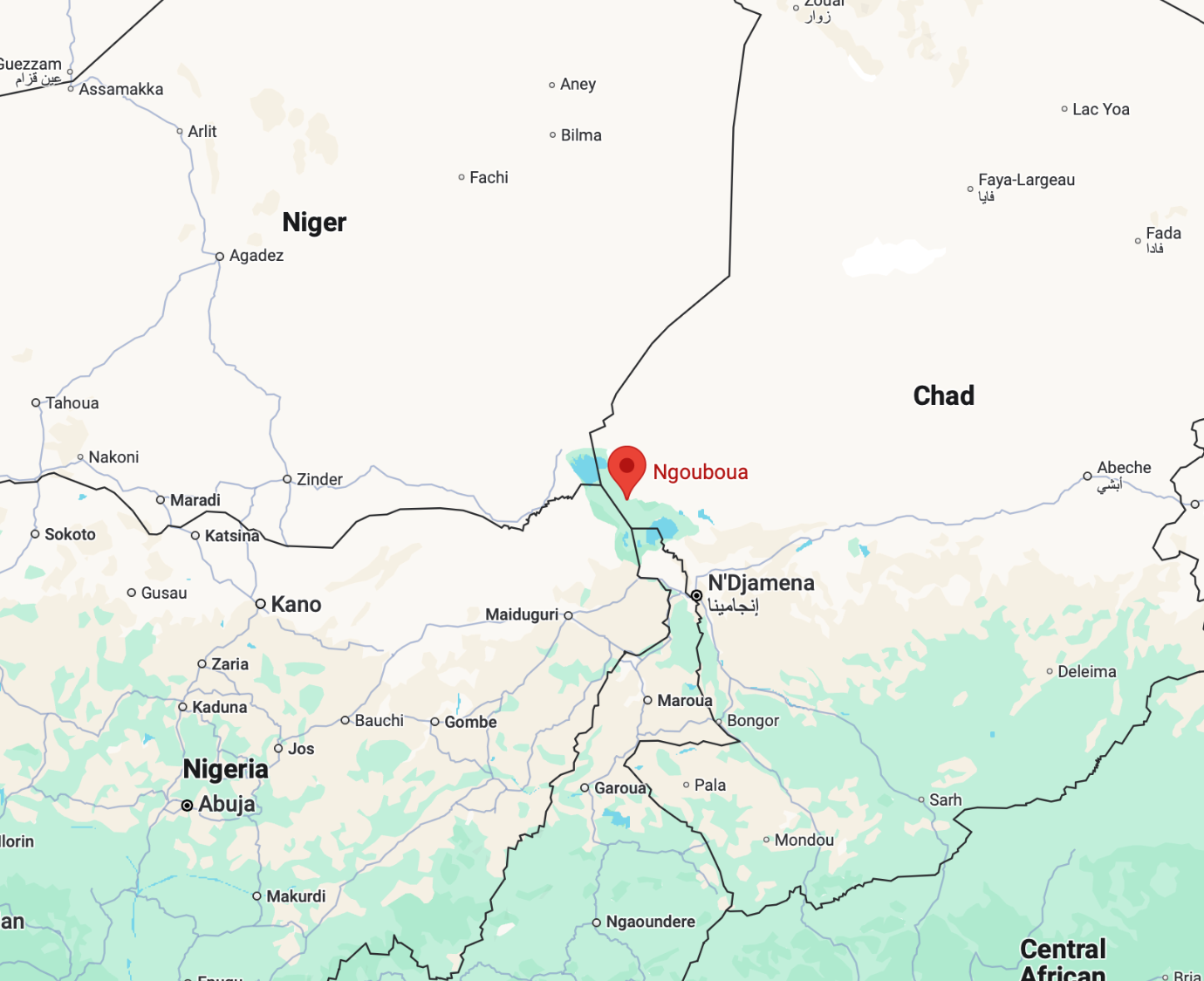
Ngouboua has been targeted previously by Boko Haram, with 10 soldiers killed in a 2022 attack. However, this recent assault marks the deadliest assault on Chadian forces since 2020, when 98 soldiers were killed near Boma. That 2020 attack spurred President Déby to launch Operation Wrath of Boma, a 10-day military campaign across Lake Chad intended to eradicate jihadist bases and push insurgents out of Chad’s border. Following this operation, military officials announced around 1,000 Boko Haram fighters were neutralised, and the Chadian army had destroyed 50 pirogues used to transport insurgents and explosives across Lake Chad’s waterways.
President Deby’s Response and Potential Withdrawal from MNJTF
Following this recent incident, Déby is coordinating Operation Haskanite on the ground himself, reportedly camped on the edge of Lake Chad according to his Facebook. Beyond his local operation, Déby has threatened to pull Chad from the Multinational Joint Task Force (MNJTF), a coalition compromising forces from Nigeria, Niger, Cameroon, Benin, and Chad. The MNJTF was established to coordinate kinetic and non-kinetic operations geared towards defeating Boko Haram terrorists and restoring normalcy within the Lake Chad region. Should Chad leave this coalition, the MNJTF would lose one of its strongest and most experienced forces, potentially undermining the stability of an already fragile region.
This threat follows individual countries’ diminishing will to cooperate within the MNJTF as a result of each state’s unique challenges surrounding Boko Haram. Particularly that of Nigeria, where it faces farmer violence in its middle belt and mounting banditry in the North West; this has diverted military resources from Boko Haram-focused operations. With many recent MNJTF operations spearheaded by Chad, the president’s threat to withdraw from this coalition should be taken seriously and potentially lead to greater insecurity and further displacement of individuals living within this vulnerable region. Surpassing that of the already 220,000 persons forcibly displaced from their homes following the increasing violence and instability within this region.
Looking Ahead: The Future of Regional Security in Lake Chad
The future outcome of Operation Haskanite will likely shape Chad’s involvement in future counter-insurgency efforts and the MNJTF’s structure moving forward. President Déby’s threat to pull out from the coalition highlights Chad’s mounting frustration with the perceived lack of commitment from its regional allies, putting additional pressure on them to allocate more resources and improve coordination within the coalition. Without unified, decisive action, the Lake Chad region and its population face increased violence, instability, and further displacement following Boko Haram’s increased activity and violence.



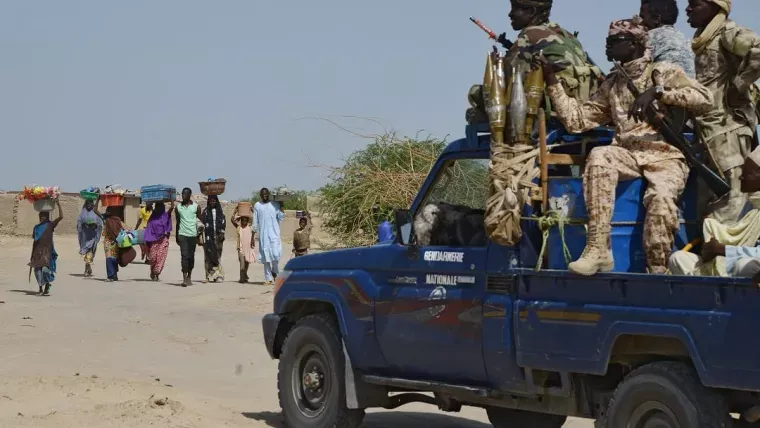



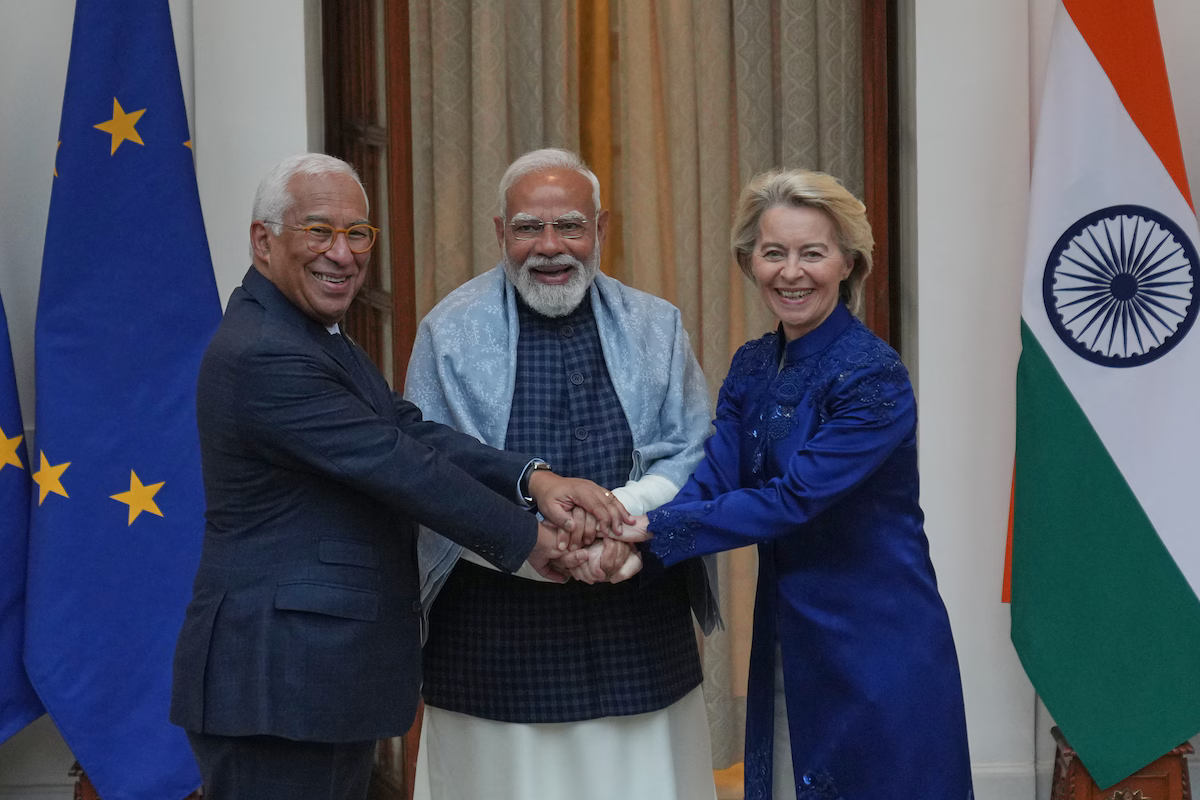

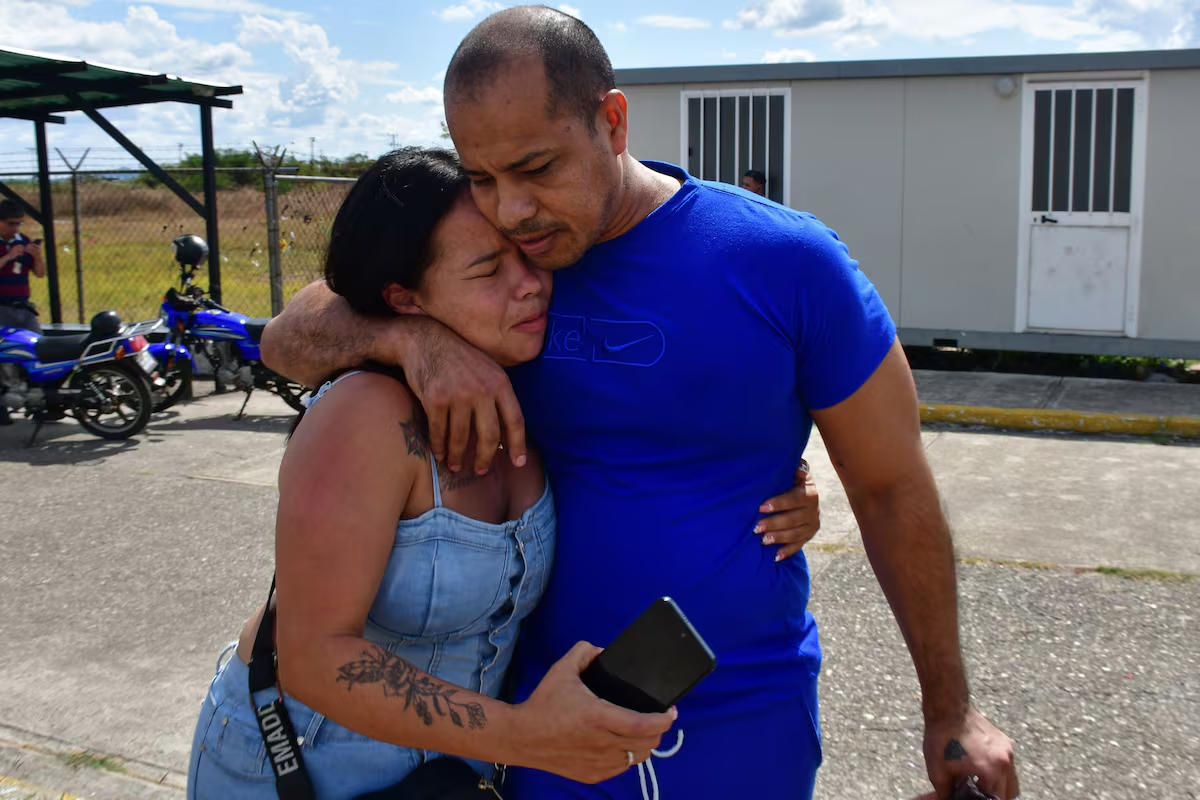

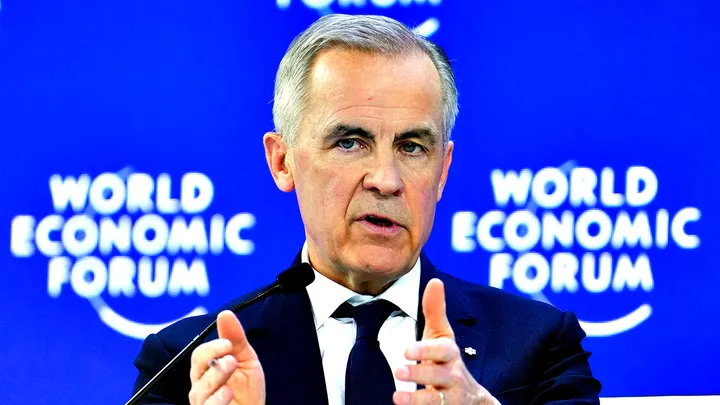
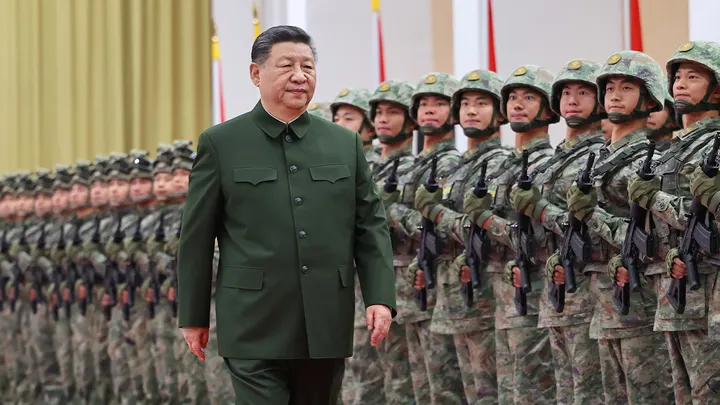

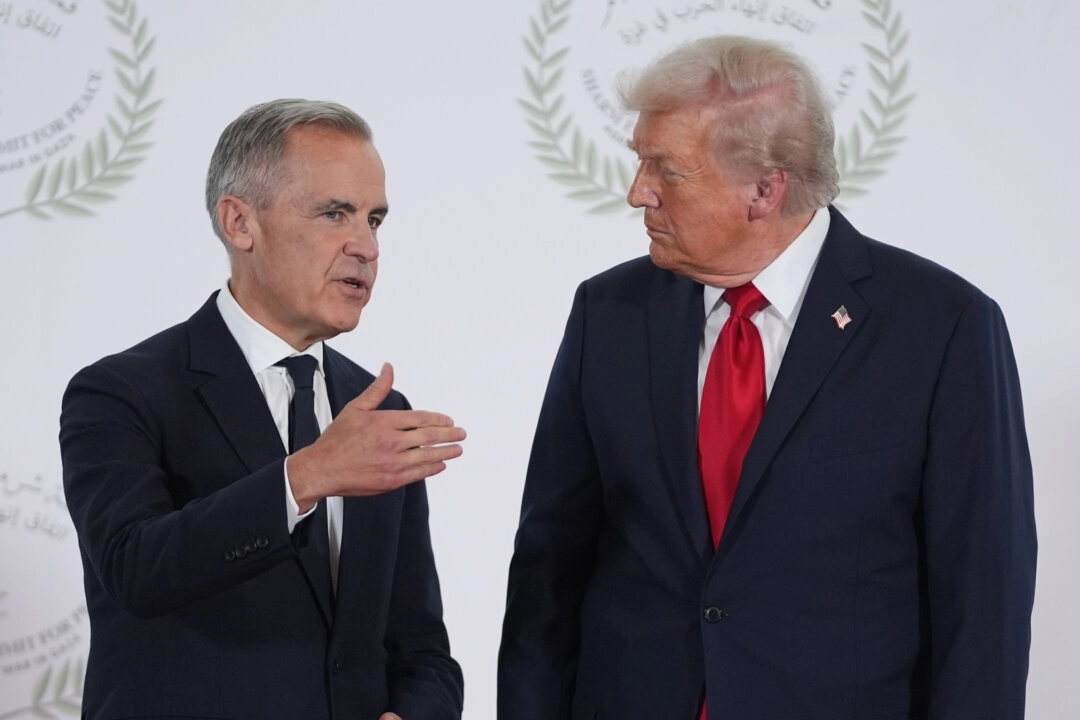
Discussion